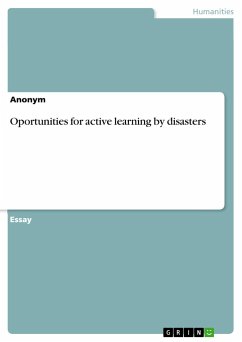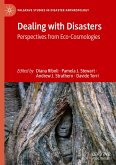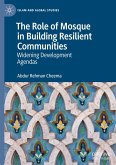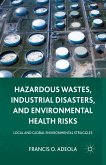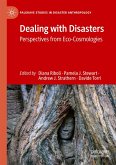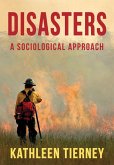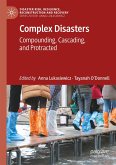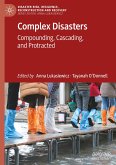Essay from the year 2013 in the subject Sociology - Miscellaneous, , course: Risk, Crisis and Disaster Management, language: English, abstract: Disasters have adversely affected humans since the dawn of their existence. If we look on the past as a model for what we might expect to see in the future, we find that severe events that wreaked havoc on human communities and inflicted high levels of mortality were surprisingly frequent and widespread. Disasters can be caused either by nature, e.g. earthquakes and tsunamis, or can be man-made, e.g. terror attacks and severe industrial accidents. The number of disasters increased threefold within the 1980's in comparison with the 1960's, the economic loss increased by a factor of almost nine during the same period, while the number of affected people rose from 147 million a year in the 1980's to 211 million a year in the 1990's. This rise in numbers and suffering may have been a contributing factor, why the United Nations designated the 1990's as the International Decade for Natural Disaster Reduction. Toft and Reynolds reflect on the damages of re-occurring disasters by stating "We owe it [learning] to those who have lost their lives, been injured, or suffered loss to draw out the maximum amount of information from those lessons and to apply it to reduce future suffering."
Hinweis: Dieser Artikel kann nur an eine deutsche Lieferadresse ausgeliefert werden.
Hinweis: Dieser Artikel kann nur an eine deutsche Lieferadresse ausgeliefert werden.

